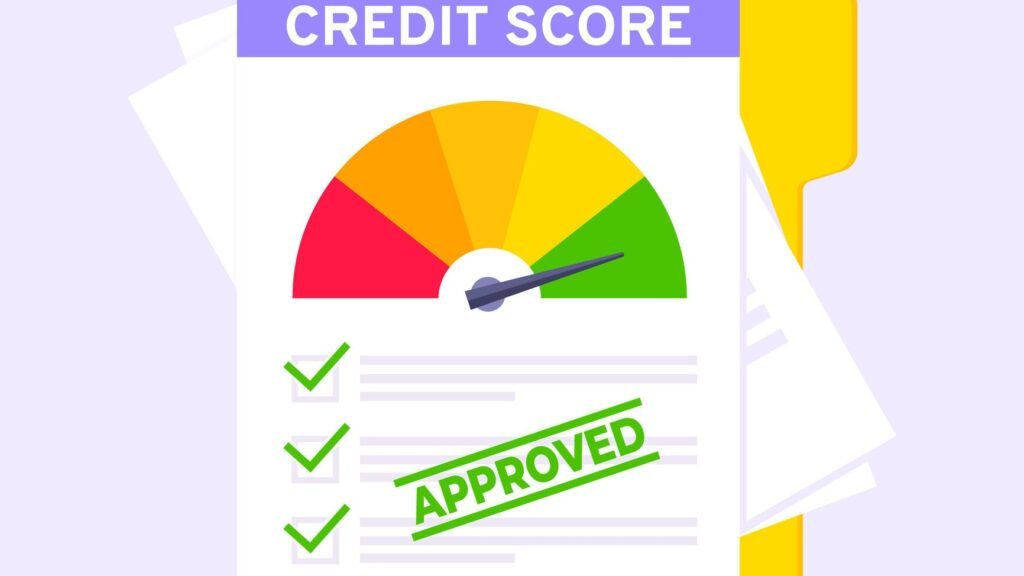
How Loan Scams Operate
Loan scams are increasingly prevalent in today’s digital age, preying on individuals who are in desperate need of financial assistance. These scams typically operate by targeting vulnerable individuals through unsolicited phone calls, emails, or even social media advertisements. Scammers often masquerade as legitimate lenders, promising low interest rates and easy approval processes to attract their victims. They may also claim to offer loans without the need for credit checks or collateral, exploiting the financial vulnerability of those in dire situations. These fraudsters often request upfront fees or personal information, such as bank account details or social security numbers, under the guise of processing the loan application.
To further deceive their victims, loan scammers may provide fake documentation, such as loan agreements and approval letters, to give an illusion of legitimacy. These documents may include professional language and official-looking logos to convince individuals that they are dealing with reputable lenders. However, once the scammers have obtained the personal and financial information they need, they disappear without delivering the promised loan, leaving their victims in even deeper financial distress. It is crucial to understand how these loan scams operate in order to protect oneself from falling victim to their deceitful tactics.
Recognizing Red Flags of Loan Scams
Scammers are becoming increasingly sophisticated in their attempts to scam unsuspecting individuals out of their hard-earned money through loan scams. It is crucial to be vigilant and cautious when seeking out loans, especially online. Recognizing the red flags of loan scams can help protect you from falling victim to these fraudulent schemes.
One common red flag is the request for upfront payment or fees before you receive the loan. Legitimate lenders typically deduct any fees from the loan amount or add them to the total repayment, rather than requiring you to pay out of pocket before receiving any funds. Additionally, be wary of lenders who pressure you to act quickly or those that guarantee loan approval regardless of your credit history. Reputable lenders will always perform a thorough evaluation of your creditworthiness before extending any offers, and they will not rush you into making decisions on the spot.
Researching the Lender’s Reputation
When it comes to borrowing money, it is crucial to research the reputation of the lender before committing to any loan offer. This step is essential to protect oneself from falling victim to loan scams and fraudulent activities. One way to determine the legitimacy of a lender is by checking their credentials and certifications. Reputable lenders are usually registered with relevant financial authorities and hold valid licenses. This information can often be found on their website or by contacting the regulatory agency directly.
Another essential aspect of researching a lender’s reputation is checking for customer reviews and testimonials. This allows potential borrowers to gauge the experiences of others who have previously dealt with the lender. It is important to take note of any red flags or complaints raised by customers as this can indicate potential issues or scams. Furthermore, conducting a quick online search can help uncover any news articles or reports about the lender, providing further insights into their credibility and track record.
Researching the lender’s reputation is a critical step in the loan borrowing process. By verifying the lender’s credentials and reviewing customer feedback, borrowers can reduce the risk of falling prey to fraudulent schemes. Taking the time and effort to conduct thorough research will not only help protect personal and financial information but also ensure a smooth and reliable loan experience.
Verifying the Legitimacy of Loan Offers
Once you have received a loan offer, it’s important to verify its legitimacy before proceeding any further. During this critical step, you can take several precautions to ensure you are dealing with a legitimate lender. First, carefully examine the loan agreement for any dubious terms or conditions. Legitimate lenders will clearly outline the interest rates, repayment terms, and any fees involved. If you come across anything vague or unclear, it should raise a red flag, and you should seek further clarification before moving forward.
In addition to examining the loan agreement itself, it’s essential to research the lender’s background and reputation. Start by conducting an online search for the lender’s name and check for any negative reviews or complaints. Websites such as the Better Business Bureau and consumer forums can provide valuable insights into other people’s experiences with the lender. It’s also worth checking if the lender is registered and licensed with relevant authorities. Remember, a reputable lender will have no issues providing verification and transparent information about their licensing status. By performing thorough research, you can gain confidence in the legitimacy of the loan offer and make an informed decision.
Understanding the Types of Loan Scams
Loan scams come in various forms, each designed to deceive unsuspecting individuals seeking financial assistance. One type of scam involves upfront fees, where scammers insist on payment in advance before granting the loan. These fees may be disguised as processing fees, insurance fees, or even taxes. However, once the payment is made, the scammer disappears, leaving the victim without the promised loan and out of pocket.
Another common type of loan scam is the “guaranteed approval” scam. Here, scammers prey on individuals with bad credit or who have been previously denied loans by offering guaranteed approval regardless of their financial situation. They may promise low interest rates, flexible repayment terms, and no credit checks. However, once the victim provides their personal and financial information, the scammer either disappears or demands additional fees, claiming they are necessary to finalize the loan. As a result, victims are left without a loan and their personal information compromised, opening the door to potential identity theft and financial loss.
Protecting Personal and Financial Information
One of the most important steps in protecting personal and financial information is to be cautious of sharing sensitive data online. Scammers can use various tactics, such as phishing emails or fake websites, to trick individuals into providing their personal details. Therefore, it is crucial to verify the legitimacy of websites and ensure that they have secure connections before entering any sensitive information.
Furthermore, it is advisable to avoid sharing personal and financial information over unsecured Wi-Fi networks. Public Wi-Fi networks, such as those found in cafes or airports, may not have adequate security measures in place, making it easier for criminals to intercept and steal data. It is better to use a secure network or a virtual private network (VPN) to encrypt the information transmitted and reduce the risk of unauthorized access. Taking these precautions can greatly reduce the chances of falling victim to identity theft or financial fraud.


